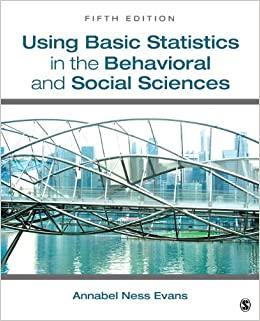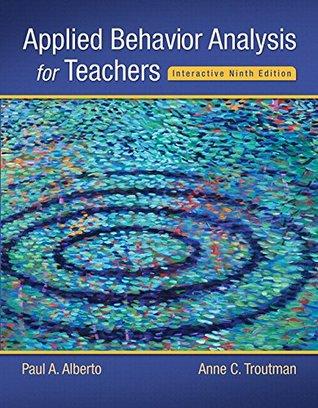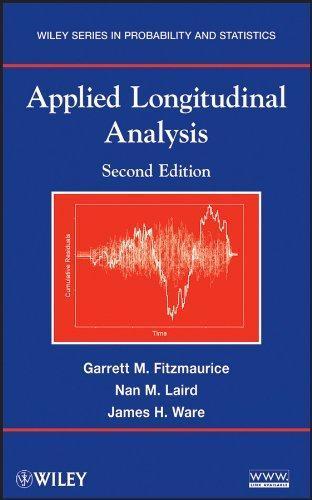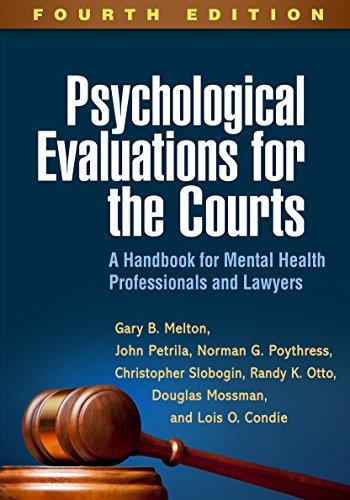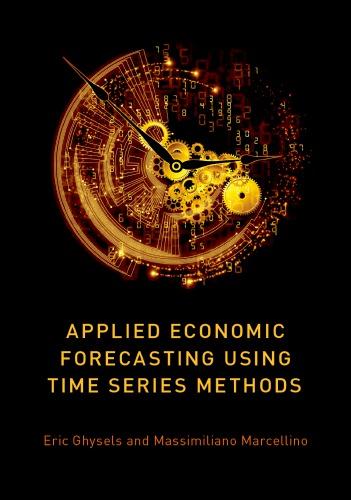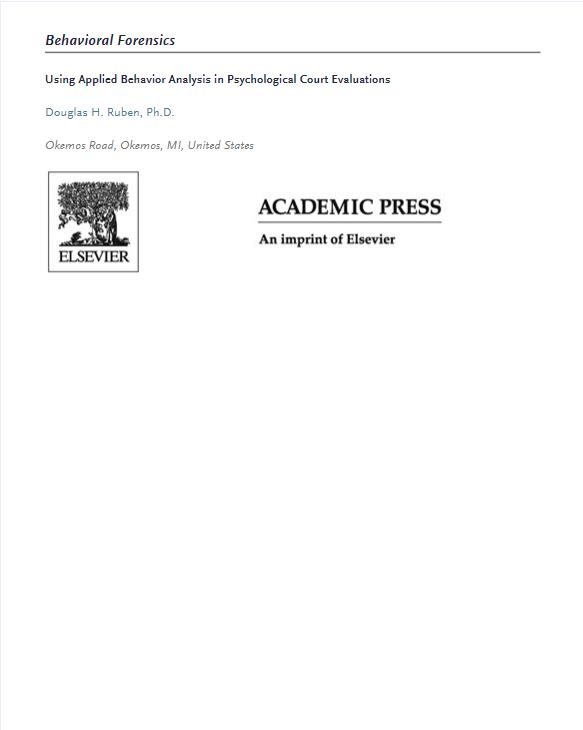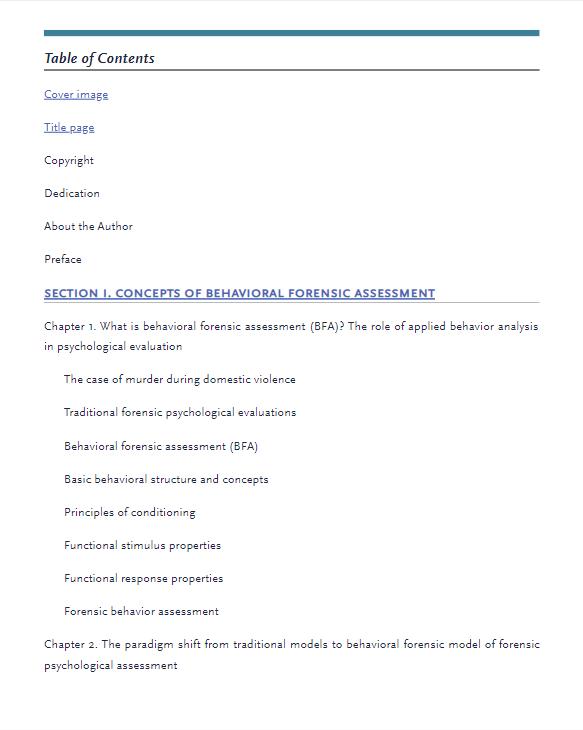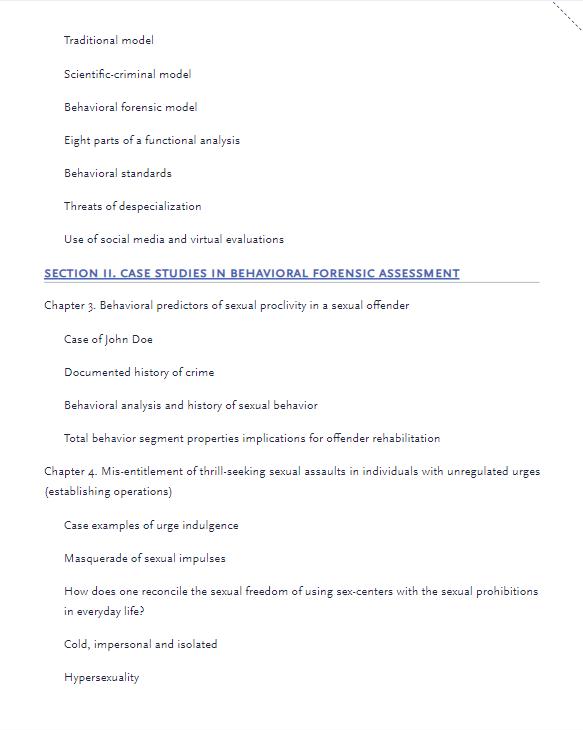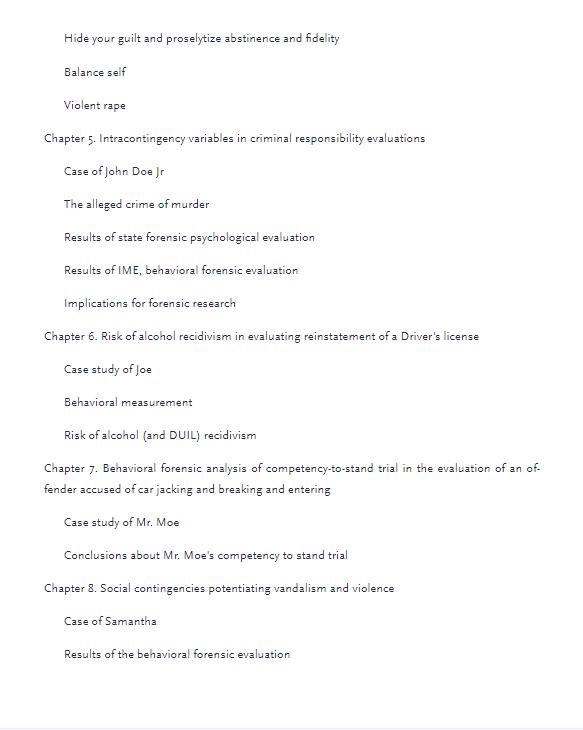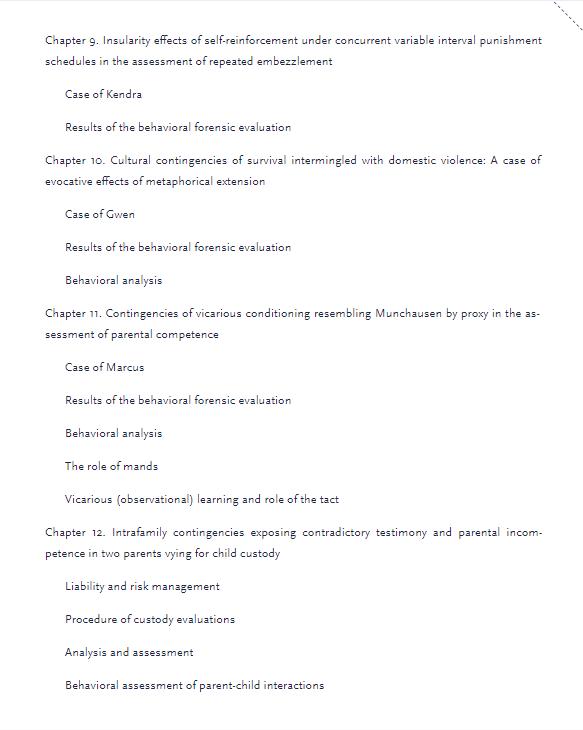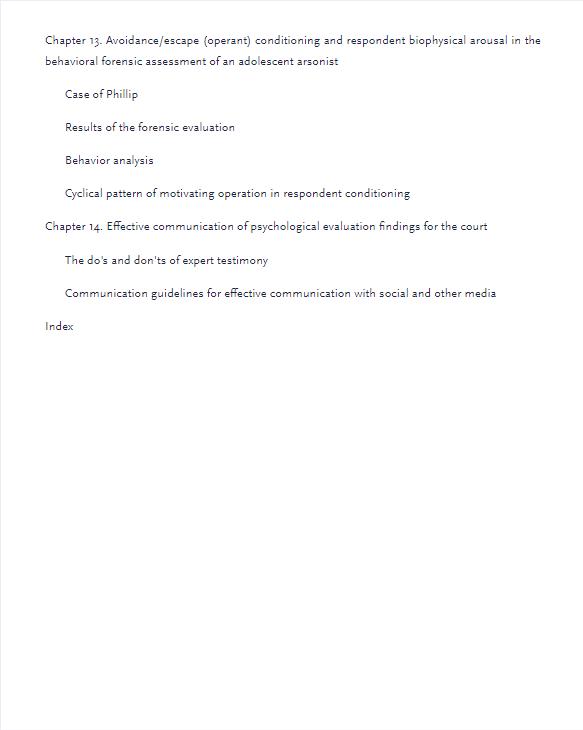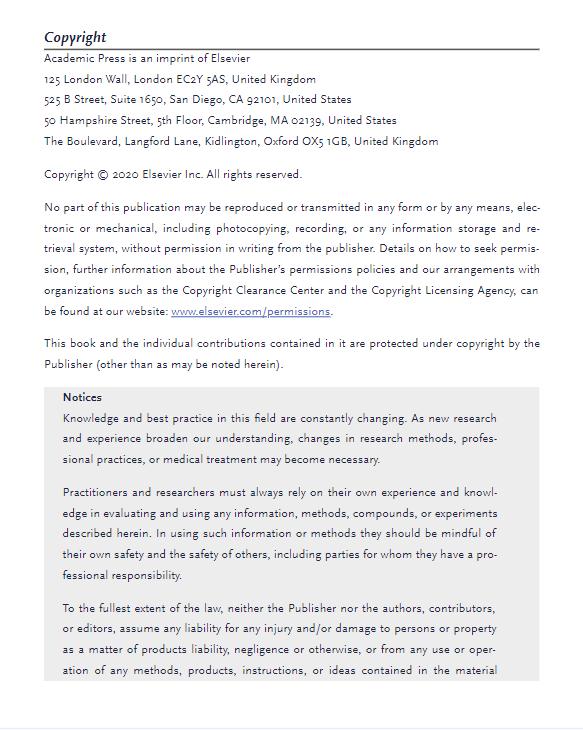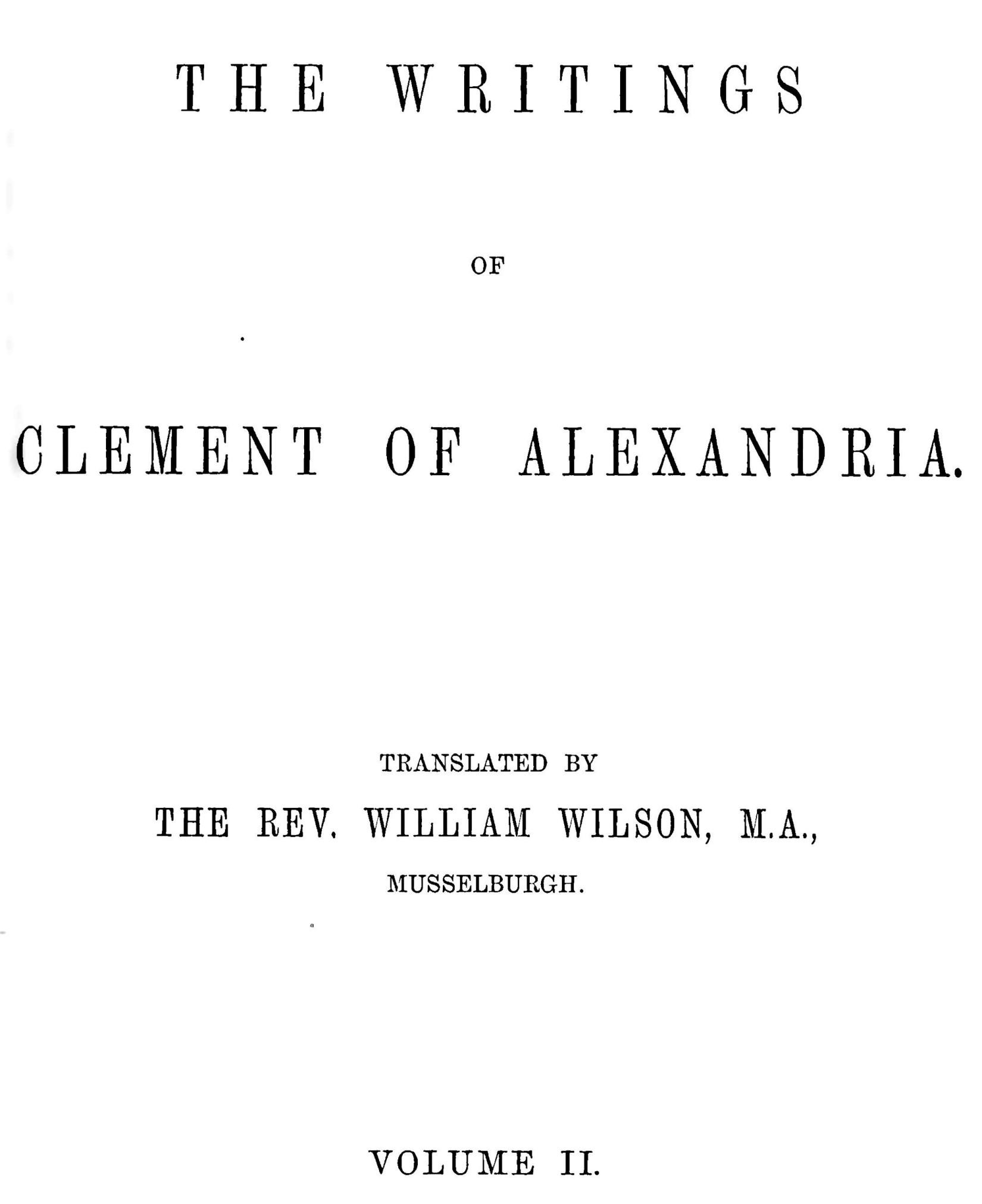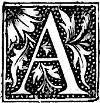CONTENTS. THE MISCELLANIES.
2. The Knowledge of God can be attained only through Faith,
3. Faith not a product of Nature,
4. Faith the foundation of all Knowledge,
5. He proves by several examples that the Greeks drew from the Sacred Writers,
6. The Excellence and Utility of Faith,
7. The Utility of Fear. Objections Answered,
8. The Vagaries of Basilides and Valentinus as to Fear being the Cause of Things,
9. The Connection of the Christian Virtues,
10. To what the Philosopher applies himself,
11. The Knowledge which comes through Faith the Surest of All,
Twofold Faith,
13. On First and Second Repentance,
14. How a Thing may be Involuntary,
15. On the different kinds of Voluntary Actions, and the Sins thence proceeding,
16. How we are to explain the passages of Scripture which ascribe to God Human Affections,
17. On the various kinds of Knowledge,
18. The Mosaic Law the fountain of all Ethics, and the source from which the Greeks drew theirs,
19. The true Gnostic is an imitator of God, especially in Beneficence,
20. The true Gnostic exercises Patience and Self-restraint,
21. Opinions of various Philosophers on the Chief Good,
22. Plato’s Opinion, that the Chief Good consists in assimilation to God, and its agreement with Scripture,
23. On Marriage,
2. Carpocratis et Epiphanis Sententiam de Feminarum Communitate refutat, 86
3. Quatenus Plato aliique e veteribus præiverint Marcionitis aliisque Hæreticis, qui a Nuptiis ideo abstinent quia Creaturam malam existimant et nasci Homines in Pœnam opinantur, 89
4. Quibus prætextibus utantur Hæretici ad omnis generis licentiam et libidinem exercendam, 95
5. Duo genera Hæreticorum notat: prius illorum qui omnia omnibus licere pronuntiant, quos refutat, 102
6. Secundum genus Hæreticorum aggreditur, illorum scilicet qui ex impia de deo omnium conditore Sententia, Continentiam exercent, 105
7. Qua in re Christianorum Continentia eam quam sibi vindicant Philosophi antecellat, 110
8. Loca S. Scripturæ ab Hæreticis in vituperium Matrimonii adducta explicat; et primo verba Apostoli Rom. vi. 14, ab Hæreticorum perversa interpretatione vindicat, 112
9. Dictum Christi ad Salomen exponit, quod tanquam in vituperium Nuptiarum prolatum Hæretici allegabant, 113
10. Verba Christi Matt. xviii. 20, mystice exponit, 116
11. Legis et Christi mandatum de non Concupiscendo exponit, 117
12. Verba Apostoli 1 Cor. vii. 5, 39, 40, aliaque S. Scripturæ loca eodem spectantia explicat, 121
13. Julii Cassiani Hæretici verbis respondet; item loco quem ex Evangelio Apocrypho idem adduxerat, 128
14. 2 Cor. xi. 3, et Eph. iv. 24, exponit, 129
15. 1 Cor. vii. 1; Luc. xiv. 26; Isa. lvi. 2, 3, explicat, 130
16. Jer. xx. 14; Job xiv. 3; Ps. l. 5; 1 Cor. ix. 27, exponit, 132
17. Qui Nuptias et Generationem malas asserunt, ii et dei Creationem et ipsam evangelii Dispensationem vituperant, 133
18. Duas extremas Opiniones esse vitandas: primam illorum qui Creatoris odio a Nuptiis abstinent; alteram illorum qui hinc occasionem arripiunt nefariis libidinibus indulgendi, 135
BOOK IV.
1. Order of Contents, 139
2. The meaning of the name Stromata [Miscellanies], 140
3. The true Excellence of Man, 142
4. The Praises of Martyrdom, 145
5. On Contempt for Pain, Poverty, and other external things, 148
6. Some points in the Beatitudes, 150
7. The Blessedness of the Martyr, 158
8. Women as well as Men, Slaves as well as Freemen, Candidates for the Martyr’s Crown, 165
9. Christ’s Sayings respecting Martyrdom, 170
10. Those who offered themselves for Martyrdom reproved, 173
11. The objection, Why do you suffer if God cares for you, answered, 174
12. Basilides’ idea of Martyrdom refuted, 175
13. Valentinian’s Vagaries about the Abolition of Death refuted, 179
14. The Love of All, even of our Enemies, 182
15. On avoiding Offence, 183
16. Passages of Scripture respecting the Constancy, Patience, and Love of the Martyrs, 184
17. Passages from Clement’s Epistle to the Corinthians on Martyrdom, 187
18. On Love, and the repressing of our Desires, 190
19. Women as well as Men capable of Perfection, 193
20. A Good Wife, 196
21. Description of the Perfect Man, or Gnostic, 199
22. The true Gnostic does Good, not from fear of Punishment or hope of Reward, but only for the sake of Good itself, 202
23. The same subject continued, 207
24. The reason and end of Divine Punishments, 210
25. True Perfection consists in the Knowledge and Love of God, 212 26. How the Perfect Man treats the Body and the Things of the World, 215
BOOK V.
1. On Faith, 220
2. On Hope, 228
3. The objects of Faith and Hope perceived by the Mind alone, 229
4. Divine Things wrapped up in Figures both in the Sacred and in Heathen Writers, 232
5. On the Symbols of Pythagoras, 236
6. The Mystic Meaning of the Tabernacle and its Furniture, 240
7. The Egyptian Symbols and Enigmas of Sacred Things, 245
8. The use of the Symbolic Style by Poets and Philosophers, 247
9. Reasons for veiling the Truth in Symbols, 254
10. The opinion of the Apostles on veiling the Mysteries of the Faith, 257
11. Abstraction from Material Things necessary in order to attain to the true Knowledge of God, 261
12. God cannot be embraced in Words or by the Mind, 267
13. The Knowledge of God a Divine Gift, according to the Philosophers, 270
14. Greek Plagiarisms from the Hebrews, 274
BOOK VI.
1. Plan, 302
2. The subject of Plagiarisms resumed. The Greeks plagiarized from one another, 304
3. Plagiarism by the Greeks of the Miracles related in the Sacred Books of the Hebrews, 319
4. The Greeks drew many of their Philosophical Tenets from the Egyptian and Indian Gymnosophists, 323
5. The Greeks had some Knowledge of the true God, 326
6. The Gospel was preached to Jews and Gentiles in Hades, 328
7. What true Philosophy is, and whence so called, 335
8. Philosophy is Knowledge given by God, 339
9. The Gnostic free of all Perturbations of the Soul, 344
10. The Gnostic avails himself of the help of all Human Knowledge, 349
11. The Mystical Meanings in the proportions of Numbers, Geometrical Ratios, and Music, 352
12. Human Nature possesses an adaptation for Perfection; the Gnostic alone attains it, 359
13. Degrees of Glory in Heaven corresponding with the Dignities of the Church below, 365
14. Degrees of Glory in Heaven, 366
15. Different Degrees of Knowledge, 371
16. Gnostic Exposition of the Decalogue, 383
17. Philosophy conveys only an imperfect Knowledge of God, 393
18. The use of Philosophy to the Gnostic, 401
BOOK VII.
1. The Gnostic a true Worshipper of God, and unjustly calumniated by Unbelievers as an Atheist, 406
2. The Son the Ruler and Saviour of All, 409
3. The Gnostic aims at the nearest Likeness possible to God and His Son, 414
4. The Heathens made Gods like themselves, whence springs all Superstition, 421
5. The Holy Soul a more excellent Temple than any Edifice built by Man, 424
6. Prayers and Praise from a Pure Mind, ceaselessly offered, far better than Sacrifices, 426
7. What sort of Prayer the Gnostic employs, and how it is heard by God, 431
8. The Gnostic so addicted to Truth as not to need to use an Oath, 442
9. Those who teach others, ought to excel in Virtues, 444
10. Steps to Perfection, 446
11. Description of the Gnostic’s Life, 449
12. The true Gnostic is Beneficent, Continent, and despises Worldly Things, 455
13. Description of the Gnostic continued, 466
14. Description of the Gnostic furnished by an Exposition of 1 Cor. vi. 1, etc., 468
15. The objection to join the Church on account of the diversity of Heresies answered, 472
16. Scripture the Criterion by which Truth and Heresy are distinguished, 476
17. The Tradition of the Church prior to that of the Heresies, 485
18. The Distinction between Clean and Unclean Animals in the Law symbolical of the Distinction between the Church, and Jews, and Heretics, 488
BOOK VIII.
1. The object of Philosophical and Theological Inquiry—the Discovery of Truth, 490
2. The necessity of Perspicuous Definition, 491
3. Demonstration defined, 492
4. To prevent Ambiguity, we must begin with clear Definition, 496
5. Application of Demonstration to Sceptical Suspense of Judgment, 500
6. Definitions, Genera, and Species, 502
7. On the Causes of Doubt or Assent, 505
8. The Method of classifying Things and Names, 506
9. On the different kinds of Causes, 508 INDEXES Index of Texts, 515 Index of Subjects, 525
BOOK II.
CHAPTER I.
INTRODUCTORY.
s Scripture has called the Greeks pilferers of the Barbarian[1] philosophy, it will next have to be considered how this may be briefly demonstrated. For we shall not only show that they have imitated and copied the marvels recorded in our books; but we shall prove, besides, that they have plagiarized and falsified (our writings being, as we have shown, older) the chief dogmas they hold, both on faith and knowledge and science, and hope and love, and also on repentance and temperance and the fear of God,—a whole swarm, verily, of the virtues of truth.
Whatever the explication necessary on the point in hand shall demand, shall be embraced, and especially what is occult in the Barbarian philosophy, the department of symbol and enigma; which those who have subjected the teaching of the ancients to systematic philosophic study have affected, as being in the highest degree serviceable, nay, absolutely necessary to the knowledge of truth. In addition, it will in my opinion form an appropriate sequel to defend those tenets, on account of which the Greeks assail us, making use of a few scriptures, if perchance the Jew also may listen and be able quietly to turn from what he has believed to Him on whom he has not believed. The ingenuous among the philosophers will then with propriety be taken up in a friendly exposure both of their life and of the discovery of new dogmas, not in the way of our avenging ourselves on our detractors (for that is far from being the case with those who have learned to bless those who curse, even though they needlessly discharge on us words of blasphemy), but with a view to their conversion; if by any means these adepts in wisdom may feel
ashamed, being brought to their senses by barbarian demonstration; so as to be able, although late, to see clearly of what sort are the intellectual acquisitions for which they make pilgrimages over the seas. Those they have stolen are to be pointed out, that we may thereby pull down their conceit; and of those on the discovery of which through investigation they plume themselves, the refutation will be furnished. By consequence, also we must treat of what is called the curriculum of study—how far it is serviceable;[2] and of astrology, and mathematics, and magic, and sorcery. For all the Greeks boast of these as the highest sciences. “He who reproves boldly is a peacemaker.”[3] We have often said already that we have neither practised nor do we study the expressing ourselves in pure Greek; for this suits those who seduce the multitude from the truth. But true philosophic demonstration will contribute to the profit not of the listeners’ tongues, but of their minds. And, in my opinion, he who is solicitous about truth ought not to frame his language with artfulness and care, but only to try to express his meaning as he best can. For those who are particular about words, and devote their time to them, miss the things. It is a feat fit for the gardener to pluck without injury the rose that is growing among the thorns; and for the craftsman to find out the pearl buried in the oyster’s flesh. And they say that fowls have flesh of the most agreeable quality, when, through not being supplied with abundance of food, they pick their sustenance with difficulty, scraping with their feet. If any one, then, speculating on what is similar, wants to arrive[4] at the truth [that is] in the numerous Greek plausibilities, like the real face beneath masks, he will hunt it out with much pains. For the power that appeared in the vision to Hermas said, “Whatever may be revealed to you, shall be revealed.”[5]
CHAPTER II.
THE KNOWLEDGE OF GOD CAN BE ATTAINED ONLY THROUGH FAITH.
“Be not elated on account of thy wisdom,” say the Proverbs. “In all thy ways acknowledge her, that she may direct thy ways, and that thy foot may not stumble.” By these remarks he means to show that our deeds ought to be conformable to reason, and to manifest further that we ought to select and possess what is useful out of all culture. Now the ways of wisdom are various that lead right to the way of truth. Faith is the way. “Thy foot shall not stumble” is said with reference to some who seem to oppose the one divine administration of Providence. Whence it is added, “Be not wise in thine own eyes,” according to the impious ideas which revolt against the administration of God. “But fear God,” who alone is powerful. Whence it follows as a consequence that we are not to oppose God. The sequel especially teaches clearly, that “the fear of God is departure from evil;” for it is said, “and depart from all evil.” Such is the discipline of wisdom (“for whom the Lord loveth He chastens”[6]), causing pain in order to produce understanding, and restoring to peace and immortality. Accordingly, the Barbarian philosophy, which we follow, is in reality perfect and true. And so it is said in the book of Wisdom: “For He hath given me the unerring knowledge of things that exist, to know the constitution of the world,” and so forth, down to “and the virtues of roots.” Among all these he comprehends natural science, which treats of all the phenomena in the world of sense. And in continuation, he alludes also to intellectual objects in what he subjoins: “And what is hidden or manifest I know; for Wisdom, the artificer of all things, taught me.”[7] You have, in brief, the professed aim of our philosophy; and the learning of these branches, when pursued with right course of conduct leads through Wisdom, the artificer of all things, to the Ruler of all,—a Being difficult to grasp and apprehend, ever receding and withdrawing from him who pursues. But He who is far off has— oh ineffable marvel!—come very near. “I am a God that draws near,”
says the Lord. He is in essence remote; “for how is it that what is begotten can have approached the Unbegotten?” But He is very near in virtue of that power which holds all things in its embrace. “Shall one do aught in secret, and I see him not?”[8] For the power of God is always present, in contact with us, in the exercise of inspection, of beneficence, of instruction. Whence Moses, persuaded that God is not to be known by human wisdom, said, “Show me Thy glory;”[9] and into the thick darkness where God’s voice was, pressed to enter —that is, into the inaccessible and invisible ideas respecting Existence. For God is not in darkness or in place, but above both space and time, and qualities of objects. Wherefore neither is He at any time in a part, either as containing or as contained, either by limitation or by section. “For what house will ye build to me?” saith the Lord.[10] Nay, He has not even built one for Himself, since He cannot be contained. And though heaven be called His throne, not even thus is He contained, but He rests delighted in the creation.
It is clear, then, that the truth has been hidden from us; and if that has been already shown by one example, we shall establish it a little after by several more. How entirely worthy of approbation are they who are both willing to learn, and able, according to Solomon, “to know wisdom and instruction, and to perceive the words of wisdom, to receive knotty words, and to perceive true righteousness,” there being another [righteousness as well], not according to the truth, taught by the Greek laws, and by the rest of the philosophers. “And to direct judgments,” it is said—not those of the bench, but he means that we must preserve sound and free of error the judicial faculty which is within us—“That I may give subtlety to the simple, to the young man sense and understanding.”[11] “For the wise man,” who has been persuaded to obey the commandments, “having heard these things, will become wiser” by knowledge; and “the intelligent man will acquire rule, and will understand a parable and a dark word, the sayings and enigmas of the wise.”[12] For it is not spurious words which those inspired by God and those who are gained over by them adduce, nor is it snares
in which the most of the sophists entangle the young, spending their time on nought true. But those who possess the Holy Spirit “search the deep things of God,”[13]—that is, grasp the secret that is in the prophecies. “To impart of holy things to the dogs” is forbidden, so long as they remain beasts. For never ought those who are envious and perturbed, and still infidel in conduct, shameless in barking at investigation, to dip in the divine and clear stream of the living water. “Let not the waters of thy fountain overflow, and let thy waters spread over thine own streets.”[14] For it is not many who understand such things as they fall in with; or know them even after learning them, though they think they do, according to the worthy Heraclitus. Does not even he seem to thee to censure those who believe not? “Now my just one shall live by faith,”[15] the prophet said. And another prophet also says, “Except ye believe, neither shall ye understand.”[16] For how ever could the soul admit the transcendental contemplation of such themes, while unbelief respecting what was to be learned struggled within? But faith, which the Greeks disparage, deeming it futile and barbarous, is a voluntary preconception,[17] the assent of piety—“the subject of things hoped for, the evidence of things not seen,” according to the divine apostle. “For hereby,” pre-eminently, “the elders obtained a good report. But without faith it is impossible to please God.”[18] Others have defined faith to be a uniting assent to an unseen object, as certainly the proof of an unknown thing is an evident assent. If then it be choice, being desirous of something, the desire is in this instance intellectual. And since choice is the beginning of action, faith is discovered to be the beginning of action, being the foundation of rational choice in the case of any one who exhibits to himself the previous demonstration through faith. Voluntarily to follow what is useful, is the first principle of understanding. Unswerving choice, then, gives considerable momentum in the direction of knowledge. The exercise of faith directly becomes knowledge, reposing on a sure foundation. Knowledge, accordingly, is defined by the sons of the philosophers as a habit, which cannot be overthrown by reason.
Is there any other true condition such as this, except piety, of which alone the Word is teacher?[19] I think not. Theophrastus says that sensation is the root of faith. For from it the rudimentary principles extend to the reason that is in us, and the understanding. He who believeth then the divine Scriptures with sure judgment, receives in the voice of God, who bestowed the Scripture, a demonstration that cannot be impugned. Faith, then, is not established by demonstration. “Blessed therefore those who, not having seen, yet have believed.”[20] The Siren’s songs exhibiting a power above human, fascinated those that came near, conciliating them, almost against their will, to the reception of what was said.
CHAPTER III.
FAITH NOT A PRODUCT OF NATURE.
Now the followers of Basilides regard faith as natural, as they also refer it to choice, [representing it] as finding ideas by intellectual comprehension without demonstration; while the followers of Valentinus assign faith to us, the simple, but will have it that knowledge springs up in their own selves (who are saved by nature) through the advantage of a germ of superior excellence, saying that it is as far removed from faith as[21] the spiritual is from the animal. Further, the followers of Basilides say that faith as well as choice is proper according to every interval; and that in consequence of the supramundane selection mundane faith accompanies all nature, and that the free gift of faith is conformable to the hope of each. Faith, then, is no longer the direct result of free choice, if it is a natural advantage.
Nor will he who has not believed, not being the author [of his unbelief], meet with a due recompense; and he that has believed is not the cause of his belief]. And the entire peculiarity and difference of belief and unbelief will not fall under either praise or censure, if we reflect rightly, since there attaches to it the antecedent natural necessity proceeding from the Almighty. And if we are pulled like inanimate things by the puppet-strings of natural powers, willingness[22] and unwillingness, and impulse, which is the antecedent of both, are mere redundancies. And for my part, I am utterly incapable of conceiving such an animal as has its appetencies, which are moved by external causes, under the dominion of necessity. And what place is there any longer for the repentance of him who was once an unbeliever, through which comes forgiveness of sins? So that neither is baptism rational, nor the blessed seal,[23] nor the Son, nor the Father. But God, as I think, turns out to be the distribution to men of natural powers, which has not as the foundation of salvation voluntary faith.
CHAPTER IV.
FAITH THE FOUNDATION OF ALL KNOWLEDGE.
But we, who have heard by the Scriptures that self-determining choice and refusal have been given by the Lord to men, rest in the infallible criterion of faith, manifesting a willing spirit, since we have chosen life and believe God through His voice. And he who has believed the Word knows the matter to be true; for the Word is truth. But he who has disbelieved Him that speaks, has disbelieved God.
“By faith we understand that the worlds were framed by the word of God, so that what is seen was not made of things which appear,” says the apostle. “By faith Abel offered to God a fuller sacrifice than Cain, by which he received testimony that he was righteous, God giving testimony to him respecting his gifts; and by it he, being dead, yet speaketh,” and so forth, down to “than enjoy the pleasures of sin for a season.”[24] Faith having, therefore, justified these before the law, made them heirs of the divine promise. Why then should I review and adduce any further testimonies of faith from the history in our hands? “For the time would fail me were I to tell of Gideon, Barak, Samson, Jephtha, David, and Samuel, and the prophets,” and what follows.[25] Now, inasmuch as there are four things in which the truth resides—Sensation, Understanding, Knowledge, Opinion,— intellectual apprehension is first in the order of nature; but in our case, and in relation to ourselves, Sensation is first, and of Sensation and Understanding the essence of Knowledge is formed; and evidence is common to Understanding and Sensation. Well, Sensation is the ladder to Knowledge; while Faith, advancing over the pathway of the objects of sense, leaves Opinion behind, and speeds to things free of deception, and reposes in the truth.
Should one say that Knowledge is founded on demonstration by a process of reasoning, let him hear that first principles are incapable of demonstration; for they are known neither by art nor sagacity. For
the latter is conversant about objects that are susceptible of change, while the former is practical solely, and not theoretical.[26] Hence it is thought that the first cause of the universe can be apprehended by faith alone. For all knowledge is capable of being taught; and what is capable of being taught is founded on what is known before. But the first cause of the universe was not previously known to the Greeks; neither, accordingly, to Thales, who came to the conclusion that water was the first cause; nor to the other natural philosophers who succeeded him, since it was Anaxagoras who was the first who assigned to Mind the supremacy over material things. But not even he preserved the dignity suited to the efficient cause, describing as he did certain silly vortices, together with the inertia and even foolishness of Mind. Wherefore also the Word says, “Call no man master on earth.”[27] For knowledge is a state of mind that results from demonstration; but Faith is a grace which from what is indemonstrable conducts to what is universal and simple, what is neither with matter, nor matter, nor under matter. But those who believe not, as to be expected, drag all down from heaven, and the region of the invisible, to earth, “absolutely grasping with their hands rocks and oaks,” according to Plato. For, clinging to all such things, they asseverate that that alone exists which can be touched and handled, defining body and essence to be identical: disputing against themselves, they very piously defend the existence of certain intellectual and bodiless forms descending somewhere from above from the invisible world, vehemently maintaining that there is a true essence. “Lo, I make new things,” saith the Word, “which eye hath not seen, nor ear heard, nor hath it entered into the heart of man.”[28] With a new eye, a new ear, a new heart, whatever can be seen and heard is to be apprehended, by the faith and understanding of the disciples of the Lord, who speak, hear, and act spiritually. For there is genuine coin, and other that is spurious; which no less deceives unprofessionals, that it does not the moneychangers; who know through having learned how to separate and distinguish what has a false stamp from what is genuine. So the money-changer only says to the unprofessional man that the coin is
counterfeit. But the reason why, only the banker’s apprentice, and he that is trained to this department, learns.
Now Aristotle says that the judgment which follows knowledge is in truth faith. Accordingly, faith is something superior to knowledge, and is its criterion. Conjecture, which is only a feeble supposition, counterfeits faith; as the flatterer counterfeits a friend, and the wolf the dog. And as the workman sees that by learning certain things he becomes an artificer, and the helmsman by being instructed in the art will be able to steer; he does not regard the mere wishing to become excellent and good enough, but he must learn it by the exercise of obedience. But to obey the Word, whom we call Instructor, is to believe Him, going against Him in nothing. For how can we take up a position of hostility to God? Knowledge, accordingly, is characterized by faith; and faith, by a kind of divine mutual and reciprocal correspondence, becomes characterized by knowledge.
Epicurus, too, who very greatly preferred pleasure to truth, supposes faith to be a preconception of the mind; and defines preconception to be a grasping at something evident, and at the clear understanding of the thing; and asserts that, without preconception, no one can either inquire, or doubt, or judge, or even argue. How can one, without a preconceived idea of what he is aiming after, learn about that which is the subject of his investigation? He, again, who has learned has already turned his preconception[29] into comprehension. And if he who learns, learns not without a preconceived idea which takes in what is expressed, that man has ears to hear the truth. And happy is the man that speaks to the ears of those who hear; as happy certainly also is he who is a child of obedience. Now to hear is to understand. If, then, faith is nothing else than a preconception of the mind in regard to what is the subject of discourse, and obedience is so called, and understanding and persuasion; no one shall learn aught without faith, since no one [learns aught] without preconception. Consequently there is a more ample demonstration of the complete
truth of what was spoken by the prophet, “Unless ye believe, neither will ye understand.” Paraphrasing this oracle, Heraclitus of Ephesus says, “If a man hope not, he will not find that which is not hoped for, seeing it is inscrutable and inaccessible.” Plato the philosopher, also, in TheLaws, says, “that he who would be blessed and happy, must be straight from the beginning a partaker of the truth, so as to live true for as long a period as possible; for he is a man of faith. But the unbeliever is one to whom voluntary falsehood is agreeable; and the man to whom involuntary falsehood is agreeable is senseless;[30] neither of which is desirable. For he who is devoid of friendliness, is faithless and ignorant.” And does he not enigmatically say in Euthydemus, that this is “the regal wisdom?” In The Statesman he says expressly, “So that the knowledge of the true king is kingly; and he who possesses it, whether a prince or private person, shall by all means, in consequence of this act, be rightly styled royal.” Now those who have believed in Christ both are and are called Chrestoi (good),[31] as those who are cared for by the true king are kingly. For as the wise are wise by their wisdom, and those observant of law are so by the law; so also those who belong to Christ the King are kings, and those that are Christ’s Christians. Then, in continuation, he adds clearly, “What is right will turn out to be lawful, law being in its nature right reason, and not found in writings or elsewhere.” And the stranger of Elea pronounces the kingly and statesmanlike man “a living law.” Such is he who fulfils the law, “doing the will of the Father,”[32] inscribed on a lofty pillar, and set as an example of divine virtue to all who possess the power of seeing. The Greeks are acquainted with the staves of the Ephori at Lacedæmon, inscribed with the law on wood. But my law, as was said above, is both royal and living; and it is right reason. “Law, which is king of all—of mortals and immortals,” as the Bœotian Pindar sings. For Speusippus,[33] in the first book against Cleophon, seems to write like Plato on this wise: “For if royalty be a good thing, and the wise man the only king and ruler, the law, which is right reason, is good;”[34] which is the case. The Stoics teach what is in conformity with this, assigning kinghood, priesthood, prophecy,
legislation, riches, true beauty, noble birth, freedom, to the wise man alone. But that he is exceedingly difficult to find, is confessed even by them.
CHAPTER V.
HE PROVES BY SEVERAL EXAMPLES THAT THE GREEKS DREW FROM THE SACRED WRITERS.
Accordingly all those above mentioned dogmas appear to have been transmitted from Moses the great to the Greeks. That all things belong to the wise man, is taught in these words: “And because God hath showed me mercy, I have all things.”[35] And that he is beloved of God, God intimates when He says, “The God of Abraham, the God of Isaac, the God of Jacob.”[36] For the first is found to have been expressly called “friend;”[37] and the second is shown to have received a new name, signifying “he that sees God;”[38] while Isaac, God in a figure selected for Himself as a consecrated sacrifice, to be a type to us of the economy of salvation.
Now among the Greeks, Minos the king of nine years’ reign, and familiar friend of Zeus, is celebrated in song; they having heard how once God conversed with Moses, “as one speaking with his friend.”[39] Moses, then, was a sage, king, legislator. But our Saviour surpasses all human nature. He is so lovely, as to be alone loved by us, whose hearts are set on the true beauty, for “He was the true light.”[40] He is shown to be a King, as such hailed by unsophisticated children and by the unbelieving and ignorant Jews, and heralded by the prophets. So rich is He, that He despised the whole earth, and the gold above and beneath it, with all glory, when given to Him by the adversary. What need is there to say that He is the only High Priest, who alone possesses the knowledge of the worship of God?[41] He is Melchizedek, “King of peace,”[42] the most fit of all to head the race of men. A legislator too, inasmuch as He gave the law by the mouth of the prophets, enjoining and teaching most distinctly what things are to be done, and what not. Who of nobler lineage than He whose only Father is God? Come, then, let us produce Plato assenting to those very dogmas. The wise man he calls rich in the Phædrus, when he says, “O dear Pan, and whatever
other gods are here, grant me to become fair within; and whatever external things I have, let them be agreeable to what is within. I would reckon the wise man rich.”[43] And the Athenian stranger,[44] finding fault with those who think that those who have many possessions are rich, speaks thus: “For the very rich to be also good is impossible—those, I mean, whom the multitude count rich. Those they call rich, who, among a few men, are owners of the possessions worth most money; which any bad man may possess.” “The whole world of wealth belongs to the believer,”[45] Solomon says, “but not a penny to the unbeliever.” Much more, then, is the scripture to be believed which says, “It is easier for a camel to go through the eye of a needle, than for a rich man”[46] to lead a philosophic life. But, on the other hand, it blesses “the poor;”[47] as Plato understood when he said, “It is not the diminishing of one’s resources, but the augmenting of insatiableness, that is to be considered poverty; for it is not slender means that ever constitutes poverty, but insatiableness, from which the good man being free, will also be rich.” And in Alcibiades he calls vice a servile thing, and virtue the attribute of freemen. “Take away from you the heavy yoke, and take up the easy one,”[48] says the Scripture; as also the poets call [vice] a slavish yoke. And the expression, “Ye have sold yourselves to your sins,” agrees with what is said above: “Every one, then, who committeth sin is a slave; and the slave abideth not in the house for ever. But if the Son shall make you free, then shall ye be free, and the truth shall make you free.”[49]
And again, that the wise man is beautiful, the Athenian stranger asserts, in the same way as if one were to affirm that certain persons were just, even should they happen to be ugly in their persons. And in speaking thus with respect to eminent rectitude of character, no one who should assert them to be on this account beautiful would be thought to speak extravagantly. And “His appearance was inferior to all the sons of men,”[50] prophecy predicted.
Plato, moreover, has called the wise man a king, in The Statesman. The remark is quoted above.
These points being demonstrated, let us recur again to our discourse on faith. Well, with the fullest demonstration, Plato proves, that there is need of faith everywhere, celebrating peace at the same time: “For no man will ever be trusty and sound in seditions without entire virtue. There are numbers of mercenaries full of fight, and willing to die in war; but, with a very few exceptions, the most of them are desperadoes and villains, insolent and senseless.” If these observations are right, “every legislator who is even of slight use, will, in making his laws, have an eye to the greatest virtue. Such is fidelity,”[51] which we need at all times, both in peace and in war, and in all the rest of our life, for it appears to embrace the other virtues. “But the best thing is neither war nor sedition, for the necessity of these is to be deprecated. But peace with one another and kindly feeling are what is best.” From these remarks the greatest prayer evidently is to have peace, according to Plato. And faith is the greatest mother of the virtues. Accordingly it is rightly said in Solomon, “Wisdom is in the mouth of the faithful.”[52] Since also Xenocrates, in his book on “Intelligence,” says “that wisdom is the knowledge of first causes and of intellectual essence.” He considers intelligence as twofold, practical and theoretical, which latter is human wisdom. Consequently wisdom is intelligence, but all intelligence is not wisdom. And it has been shown, that the knowledge of the first cause of the universe is of faith, but is not demonstration. For it were strange that the followers of the Samian Pythagoras, rejecting demonstrations of subjects of question, should regard the bare ipse dixit[53] as ground of belief; and that this expression alone sufficed for the confirmation of what they heard, while those devoted to the contemplation of the truth, presuming to disbelieve the trustworthy Teacher, God the only Saviour, should demand of Him tests of His utterances. But He says, “He that hath ears to hear, let him hear.” And who is he? Let Epicharmus say:
“Mind sees, mind hears; all besides is deaf and blind.”[54]
Rating some as unbelievers, Heraclitus says, “Not knowing how to hear or to speak;” aided doubtless by Solomon, who says, “If thou lovest to hear, thou shalt comprehend; and if thou incline thine ear, thou shalt be wise.”[55]
CHAPTER VI.
THE EXCELLENCE AND UTILITY OF FAITH.
“Lord, who hath believed our report?”[56] Isaiah says. For “faith cometh by hearing, and hearing by the word of God,” saith the apostle. “How then shall they call on Him in whom they have not believed? And how shall they believe on Him whom they have not heard? And how shall they hear without a preacher? And how shall they preach except they be sent? As it is written, How beautiful are the feet of those that publish glad tidings of good things!”[57] You see how he brings faith by hearing, and the preaching of the apostles, up to the word of the Lord, and to the Son of God. We do not yet understand the word of the Lord to be demonstration.
As, then, playing at ball not only depends on one throwing the ball skilfully, but it requires besides one to catch it dexterously, that the game may be gone through according to the rules for ball; so also is it the case that teaching is reliable when faith on the part of those who hear, being, so to speak, a sort of natural art, contributes to the process of learning. So also the earth co-operates, through its productive power, being fit for the sowing of the seed. For there is no good of the very best instruction without the exercise of the receptive faculty on the part of the learner, not even of prophecy, when there is the absence of docility on the part of those who hear. For dry twigs, being ready to receive the power of fire, are kindled with great ease; and the far-famed stone[58] attracts steel through affinity, as the tear of the Succinum drags to itself twigs, and amber sets chaff in motion. And the substances attracted obey them, attracted by a subtle spirit, not as a cause, but as a concurring cause.
There being then a twofold species of vice—that characterized by craft and stealth, and that which leads and drives with violence—the divine Word cries, calling all together; knowing perfectly well those that will not obey; notwithstanding then since to obey or not is in
our own power, provided we have not the excuse of ignorance to adduce. He makes a just call, and demands of each according to his strength. For some are able as well as willing, having reached this point through practice and being purified; while others, if they are not yet able, already have the will. Now to will is the act of the soul, but to do is not without the body. Nor are actions estimated by their issue alone; but they are judged also according to the element of free choice in each,—if he chose easily, if he repented of his sins, if he reflected on his failures and repented (μετέγνω), which is (μετὰ ταῦτα ἔγνω) “afterwards knew.” For repentance is a tardy knowledge, and primitive innocence is knowledge. Repentance, then, is an effect of faith. For unless a man believe that to which he was addicted to be sin, he will not abandon it; and if he do not believe punishment to be impending over the transgressor, and salvation to be the portion of him who lives according to the commandments, he will not reform.
Hope, too, is based on faith. Accordingly the followers of Basilides define faith to be, the assent of the soul to any of those things, that do not affect the senses through not being present. And hope is the expectation of the possession of good. Necessarily, then, is expectation founded on faith. Now he is faithful who keeps inviolably what is entrusted to him; and we are entrusted with the utterances respecting God and the divine words, the commands along with the execution of the injunctions. This is the faithful servant, who is praised by the Lord. And when it is said, “God is faithful,” it is intimated that He is worthy to be believed when declaring aught.
Now His Word declares; and “God” Himself is “faithful.”[59] How, then, if to believe is to suppose, do the philosophers think that what proceeds from themselves is sure? For the voluntary assent to a preceding demonstration is not supposition, but it is assent to something sure. Who is more powerful than God? Now unbelief is the feeble negative supposition of one opposed to Him; as incredulity is a condition which admits faith with difficulty. Faith is the voluntary supposition and anticipation of pre-comprehension. Expectation is an opinion about the future, and expectation about


